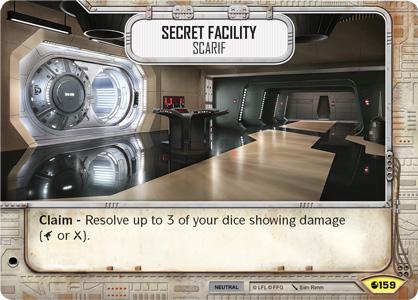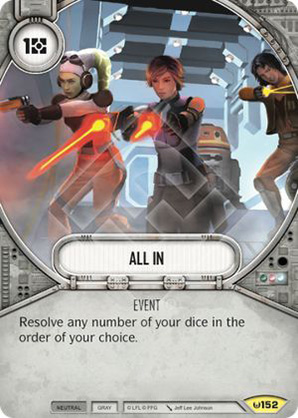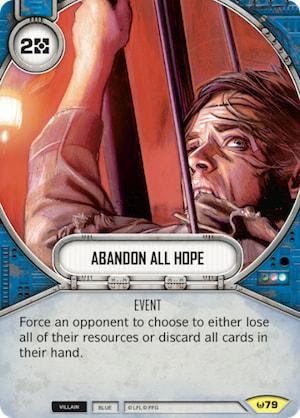SoR Card 120 - Collateral Damage
Resolve one or more of your dice showing either melee damage or ranged damage. Then force an opponent to lose 1 resource.
I am a bit confused as I was just told that this card is one or the other and not both?
I read this as resolve your damage die essentially.
Am I wrong?


